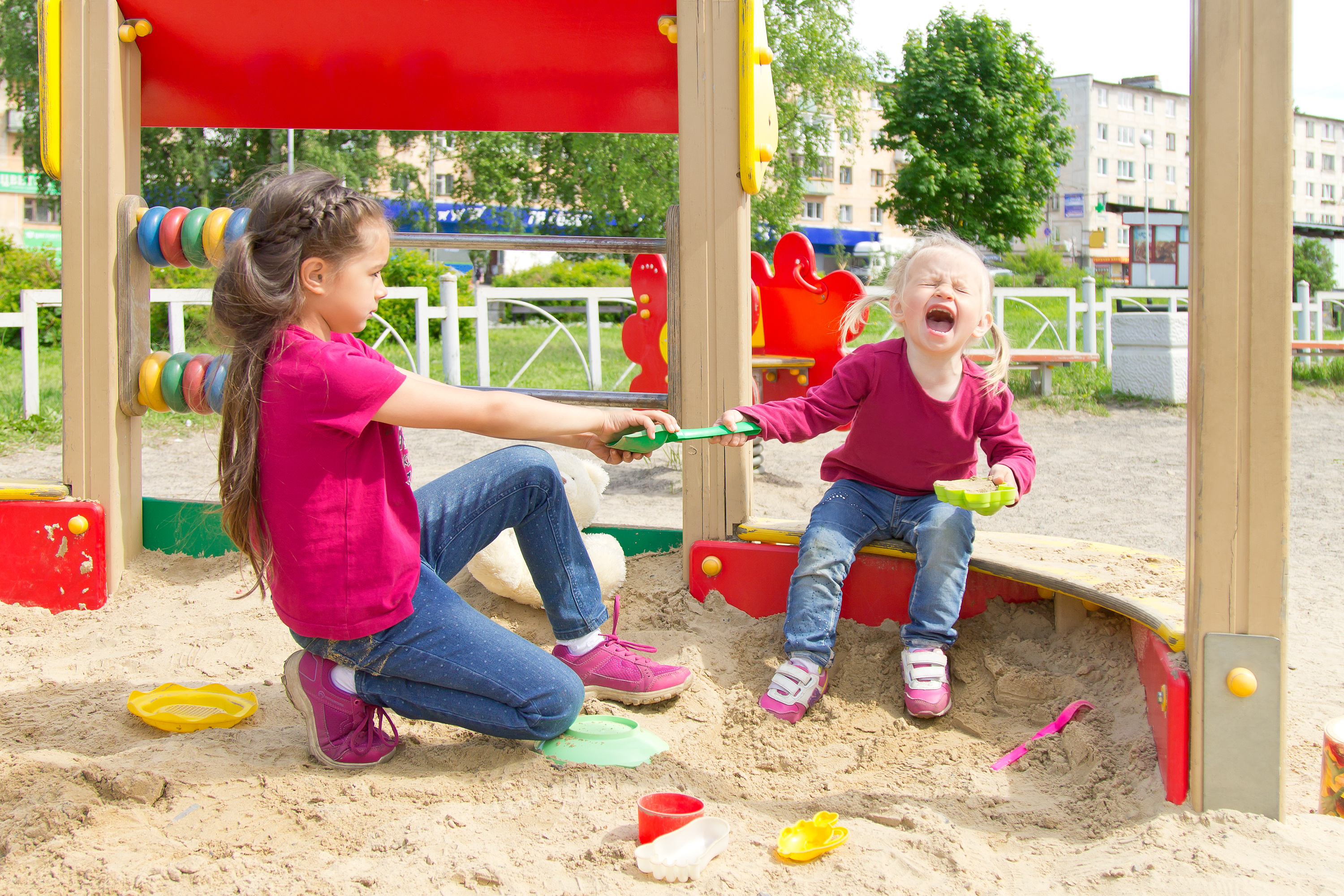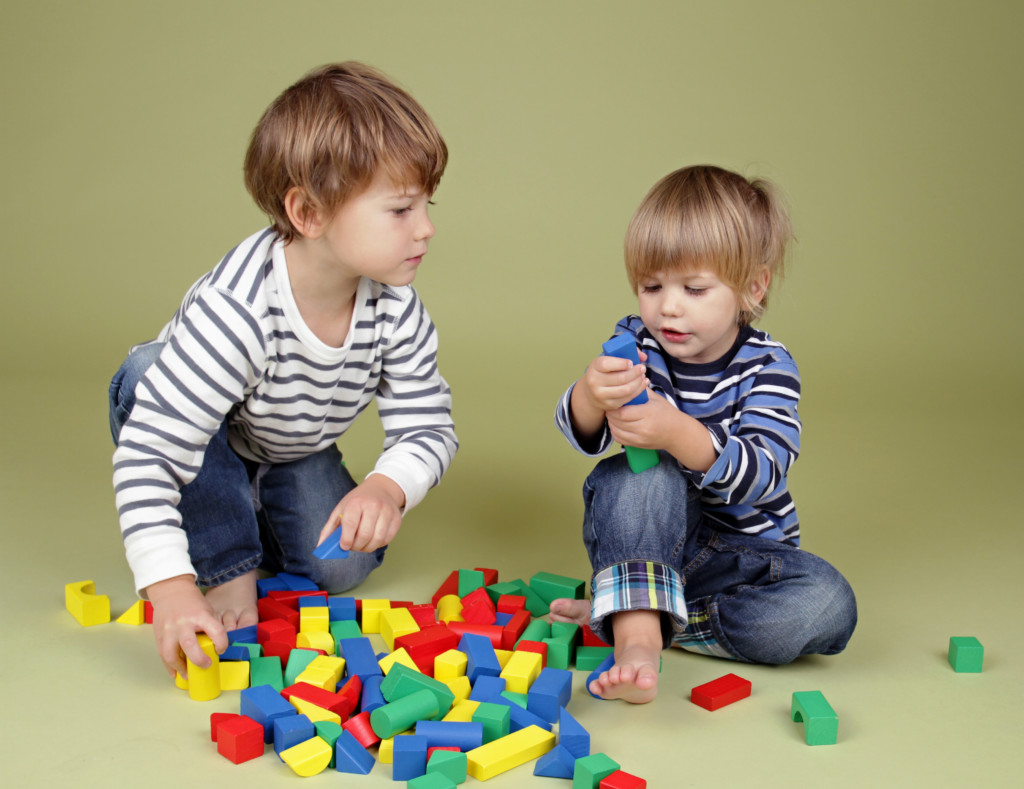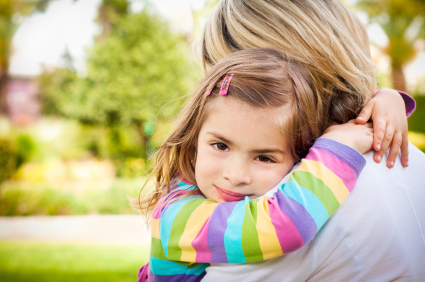When my daughter was born, we struggled so much as a family
I knew in theory how common it is for families to struggle with this huge transition, yet I really wasn’t prepared for just how difficult it would be! All these years on, I can still feel emotional remembering how much we each struggled at this stage of our lives.
It was a time when we kinda fell apart when we all most needed to feel really together. My older child who’d had lots of good quality attention from his Mum and Dad suddenly had to share us with this new baby who needed so much time and attention. Not only was I less available, but in those first few weeks and early months, exhaustion had taken over me. I was a much less cheerful and fun mum than I’d previously been. This is often the case in our nuclear families. No wonder he struggled with his baby sister!
Trauma from birth resulted in post-traumatic stress symptoms of hyper-arousal and anxiety. Then to add to the challenges, my husband changed jobs. Resulting in less pay and much longer hours, not a good mix!
My little boy was hurting, confused, insecure, and understandably angry. He wanted to feel happy and free to enjoy family life. But of course, he felt pretty powerless to get back to that happy secure place. As much as he loved his little sister, it was also pretty clear that all these changes were pretty much centred around her joining the family!
My son was previously a very happy, fun-loving, friendly and chatty wee fella
But as his stress built up, he began to express his grief and rage by fighting my every request. Also showing anger towards the baby. Luckily, it never escalated to the point of him physically hurting her. But he sometimes growled in her direction or grabbed a toy from her. I could see that it was taking a lot of restraint for him to not be aggressive.
“But you shouldn’t let him away with being so angry!”
Some people advised that I should teach him that he can’t “get away with that kind of behaviour”. Although I was committed to never using threats or punishments, he did see way too much of my stress and exasperation. I knew he needed my softness of heart again. For me to get past my own inner turmoil and again truly be there for him. He desperately needed me to really get his grief and struggles.
I thought about how some families punish and shame the older child for being too raucous around the baby. How easily things could escalate into the older one feeling intense resentment towards the baby, resulting in violence. I knew enough to avoid those aggressive reactions to him. Yet could also see that my frustrations and lack of warmth were incredibly painful for him.
Peaceful Parent Suite member?
Make sure you make your way through the Kids Conflict Resource Kit!
Also, the Meeting Aggression with Connection Resource Kit.
Softening my heart to return to true compassion for my boy
Things shifted really fast as soon as I did really start to get it. Not just conceptually, but to actually really feel that compassion and warmth for him. It took a few weeks to change the patterns and ease the tensions. I remember what a huge emotional project it was to get clear enough to truly be there for him. I had gotten really caught up in a cycle of anxiety because of difficulties around feeding, repeated mastitis infections, big money worries, and feeling stuck in suburbia while longing for the peace of nature. The list went on.
Now, I work with so many parents who are at this stage of life. Inevitably it’s a time when there’s still so much to change and develop in oneself. In that primary relationship, lifestyle, finances, health, community, and career, which is all so much to hold.
You might also like to read: Sibling Struggles, The peaceful parenting approach to kid’s conflicts and Helping children when they hit, push and bite
The big shift happened when I gained more emotional support
With the help of a couple of key people who could really tune in to how hard things were for me, I started to shift my focus away from feeling at the mercy of my five-year-old son’s defiance. Instead coming back to remembering that he needed me every bit as much as my baby needed me. When I became present enough again to really tune in to my wee boy’s inner world, my heart really melted and I could visibly see his relief as he could again see in my eyes and feel in my touch the understanding and compassion that had fizzled away.
From my place of stress, I’d intellectualised that he should be grateful that he’d had it so good for so long and he was a big kid now with great friends, in a Steiner kindy which he loved. I wished he’d appreciate how much I still played with him and did for him despite it all.
Retrospectively, I realised that he had probably felt shocked that the truly unconditional love and understanding he had come to rely on, both from us and between Mum and Dad, had been replaced with stress and exasperation. He had no way of knowing when or if we, as a family, would get back to our happy place again. I was brokenhearted that my son had been seeing my anxiety and stress more than my calm confidence and unconditional love for him.
My son needed to feel emotionally safe to trust my consistently compassionate support
It took a while for me to master, but he could then make the transition from fighting to grieving. He started to feel safe to express the sad beneath his mad. It was me who needed to come back to that softening of my heart. To allow him to release what he needed to release to again feel at peace and secure. It’s always the parent (or caregiver) who needs to make this journey from the head to the heart. From reacting to connecting.
I always knew to return to that softness of heart when I recognised tensions between the children to be symptomatic of things getting out of balance in the family.
When my son became frustrated with his little sister, I began to enter the scene faster with more patience
I would say to him: “It’s really understandable that you’re angry at your sister. It’s normal to feel like that. I just want to help you get all that frustration out of your body”. With a sympathetic look, I would sometimes mirror with my body how he was holding the tension in his body. As I tightened my shoulders I would say “All that stress in your little shoulders” and gently touch his shoulders. “Let me help you let all that tension out of your jaws and your little hands”.
I knew that slowing his breathing was key to coming out of the stress response. So I would touch him affectionately and breathe slowly and deeply. Until the tight restriction of his breath would ease and his tears would come. Or sometimes big loud complaints about how I’m always with the baby and it’s not fair.
But the hurts started to come out and his relationship with his sister changed dramatically for the better. It wasn’t the only time that tensions developed. But in the following years, I always knew to return to that softness of heart when I recognised tensions between the children to be symptomatic of things getting out of balance in the family.
Genevieve Simperingham is a Psychosynthesis Counsellor, a Parenting Instructor and coach, public speaker, human rights advocate, writer and the founder of The Peaceful Parent Institute. Check out her articles, Peaceful Parenting eCourses, forums and one-year Peaceful Parenting Instructor Training through this website or join over 90,000 followers on her Facebook page The Way of the Peaceful Parent.










[…] yummy treat. They’re still going to go through a big process of coming to terms with life with a new sibling, a new house or a new kindy. They’re still going to be influenced by other people and by the […]
[…] An older child can hear a lot of appeals to care about the baby’s needs: “Be quiet you’ll wake the baby”, “We can’t go to the park because I need to feed your brother then put him to sleep”, “Be more patient, your little sister just wants to play with you”. And while there are so many more reasons now for parents to get annoyed at the older child (since the needs have gone through the roof!), the child can’t help noticing that baby sibling never gets in trouble and has become the focus of so much of the attention from parents, relatives, even strangers! In our family it was definitely when our second child was born that was the biggest struggle for us all! […]